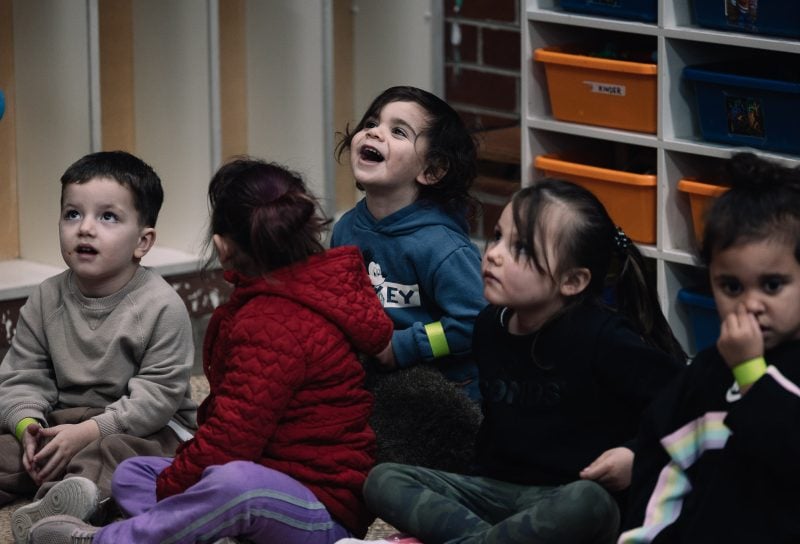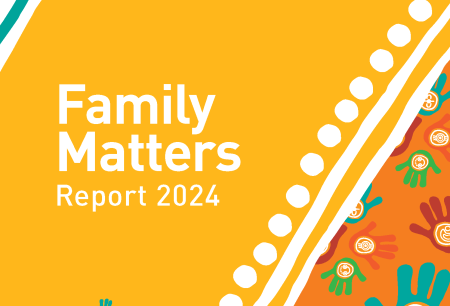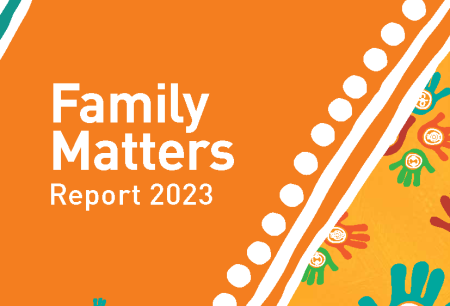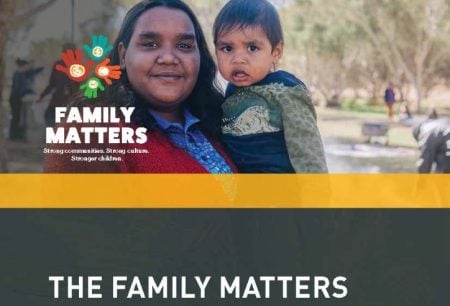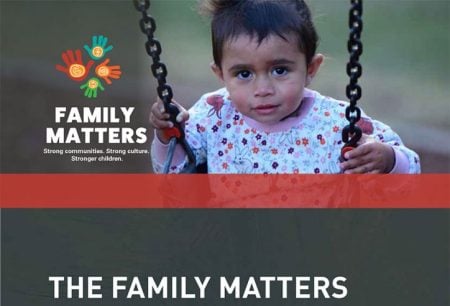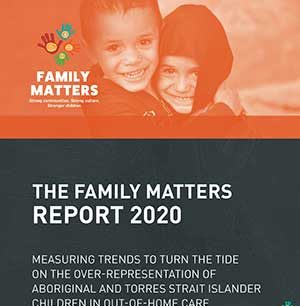What is the issue?
When the ground-breaking Bringing Them Home report into the Stolen Generations was released in 1997, Australia was shocked to learn that Aboriginal and Torres Strait Islander children represented one in every five children living in out-of-home care.
Today, over 25 years later, that figure has worsened to one in every three.
The causes of over-representation are complex, rooted in past policies of forced removal, intergenerational effects of separation from family and culture, poor socio-economic conditions and misunderstandings arising from cultural differences in child-rearing practices. The consequences are profound; children are separated from their families, cultural bonds are often severed, trauma deepens, and poor life outcomes follow, eroding culture and community.
Even though prevention and early intervention are core principles in Australian policy frameworks, over 80% of funding still flows into out-of-home care instead of solutions.
Urgent change is needed.
Statistics on over-representation
Aboriginal and Torres Strait Islander children are drastically over-represented at every stage of the child protection system.
Concerningly, as interventions escalate, this over-representation worsens. Aboriginal and Torres Strait Islander children are 5.6 times more likely than non-Indigenous children to be subject to a child protection notification and 10.8 times more likely to be in out-of-home care or subject to a third-party parental responsibility order.
The discrepancy in numbers highlights systemic inequities that disproportionately affect Aboriginal and Torres Strait Islander families.
Since 2019, the rate of Aboriginal and Torres Strait Islander children in out-of-home care has increased from 54.2 to 57.2 per 1,000 Aboriginal and Torres Strait Islander children, with projections estimating a rise to 63 per 1,000 by 2031. This trajectory falls drastically short of achieving Target 12 of the National Agreement on Closing the Gap, which aims to reduce this rate by 45% by 2031.
Impacts of child removal
Removing children from their families is not a solution; in fact, it perpetuates harm.
Parents who were removed as children are more likely to become involved with child protection systems as adults. Decisions to remove a child rarely account for the risks of severing familial and cultural ties. The outcome ultimately steals the future of many of our children, disconnecting them from their families, communities, culture and Country—those things that give our children strength and belonging. Too frequently, experiences of removal lead to criminalisation and incarceration later in life.
Long-term outcomes and cost of child removal
The outcomes delivered by child protection systems across Australia are alarmingly poor for children and families, and are achieved at significant and increasing financial and human costs.
Children in out-of-home care are at significantly higher risk of poor health, depression, violence, suicide, imprisonment, substance abuse, gambling addiction and limited access to education and economic opportunities. These impacts extend through families and strain the health, education, welfare and justice systems. Cost-benefit analyses indicate that improving child safety and reducing unsustainable government expenses can be achieved by addressing the root causes of child removal and investing in early support for at-risk families.
The evidence
The evidence is clear that the strengths to address child wellbeing and safety concerns lie within Aboriginal and Torres Strait Islander communities.
Research highlights the unique value of Aboriginal and Torres Strait Islander child-rearing practices, the benefits of Aboriginal and Torres Strait Islander-led solutions and the importance of cultural identity continuity for children’s wellbeing. Yet, these strengths continue to be undermined by an ever-deepening crisis of child removal that breaks families apart and disrupts the social fabric of communities.
There is overwhelming evidence of a series of government policy failures in response to the escalating crisis of child removal, including:
- failure to redress high levels of Aboriginal and Torres Strait Islander poverty
- failure to intervene early to support, strengthen and heal families and communities from intergenerational effects of colonisation, and separation from family and culture through the Stolen Generations
- failure to enable genuine self-determination—a platform in policy, legislation and resourcing that provides communities with opportunities for empowerment, to draw on their strengths and lead responses to the issues facing their children and families
- failure to redress discrimination and perceptions arising from cultural differences in child-rearing practices.
Urgent reform is necessary to improve outcomes for Aboriginal and Torres Strait Islander children and to prevent the perpetuation of intergenerational harm.
What are the solutions?Resources
Join Us
Be part of our advocacy efforts and stay informed about our initiatives.
Become a member today and add your voice to the cause.

